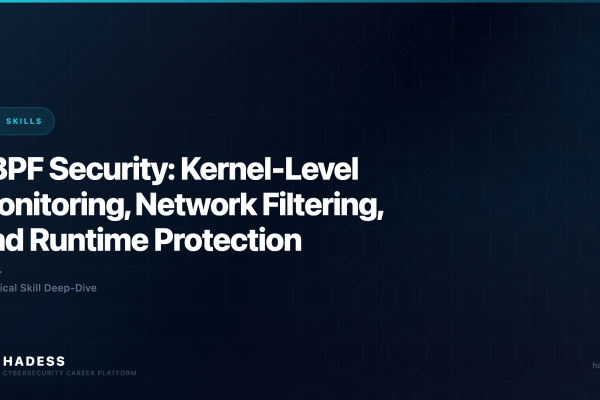
eBPF Security: Kernel-Level Monitoring, Network Filtering, and Runtime Protection
eBPF Security: Kernel-Level Monitoring, Network Filtering, and Runtime Protection. Skills, career paths, and how to get started on the HADESS platform.

eBPF Security: Kernel-Level Monitoring, Network Filtering, and Runtime Protection. Skills, career paths, and how to get started on the HADESS platform.
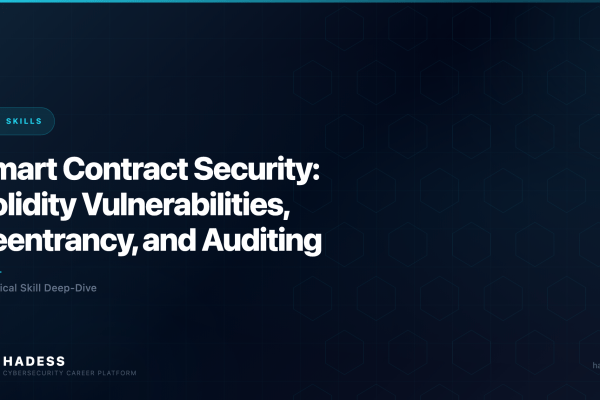
Smart Contract Security: Solidity Vulnerabilities, Reentrancy, and Auditing. Skills, career paths, and how to get started on the HADESS platform.
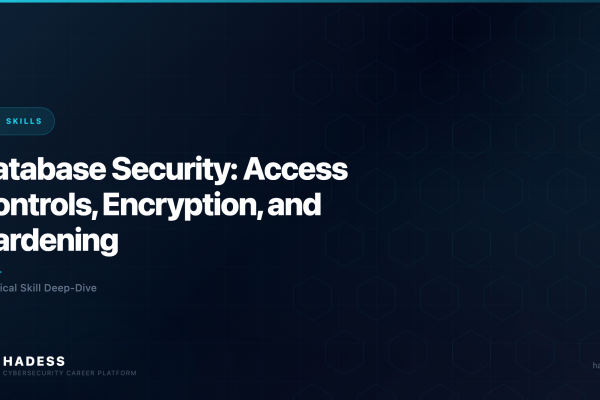
Database Security: Access Controls, Encryption, and Hardening. Skills, career paths, and how to get started on the HADESS platform.
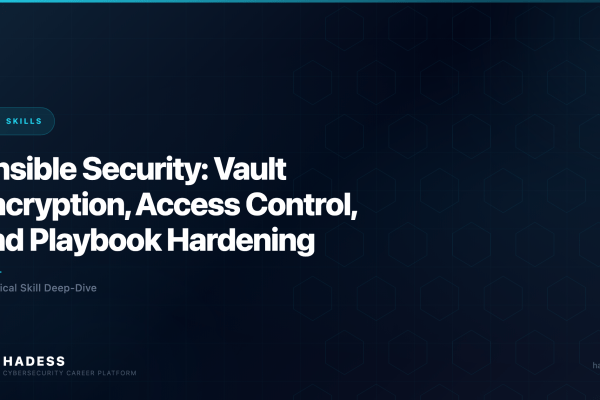
Ansible Security: Vault Encryption, Access Control, and Playbook Hardening. Skills, career paths, and how to get started on the HADESS platform.
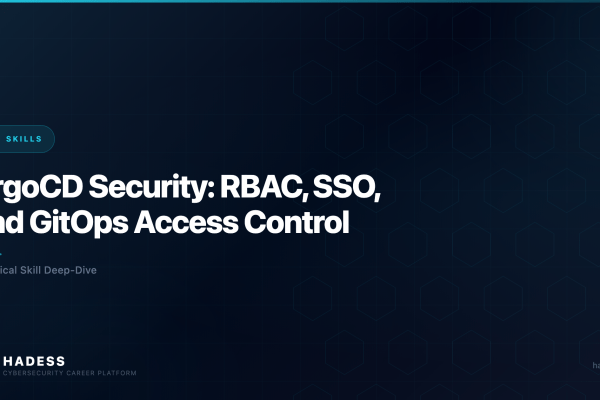
ArgoCD Security: RBAC, SSO, and GitOps Access Control. Skills, career paths, and how to get started on the HADESS platform.

CI/CD Security: Pipeline Hardening and Supply Chain Integrity. Skills, career paths, and how to get started on the HADESS platform.
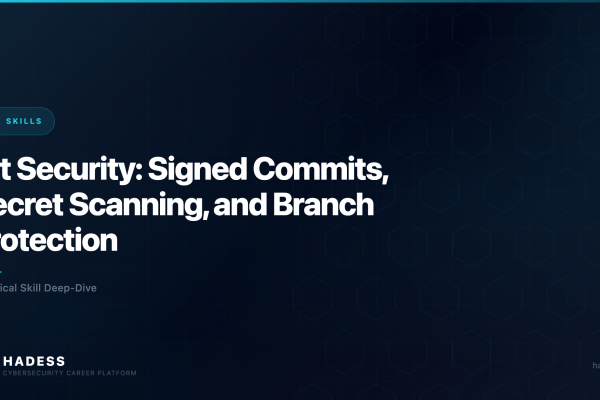
Git Security: Signed Commits, Secret Scanning, and Branch Protection. Skills, career paths, and how to get started on the HADESS platform.
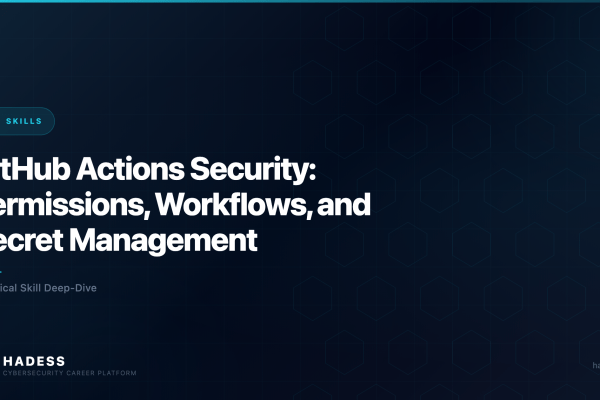
GitHub Actions Security: Permissions, Workflows, and Secret Management. Skills, career paths, and how to get started on the HADESS platform.
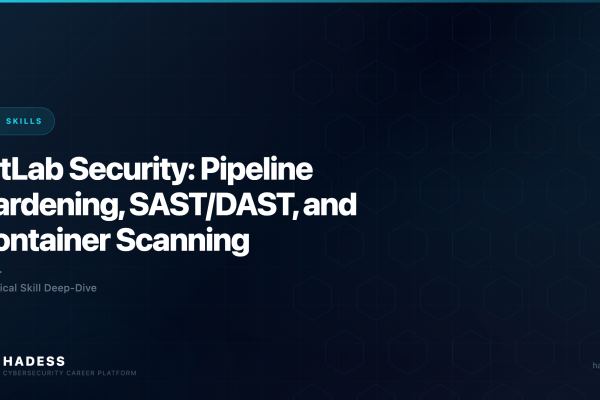
GitLab Security: Pipeline Hardening, SAST/DAST, and Container Scanning. Skills, career paths, and how to get started on the HADESS platform.
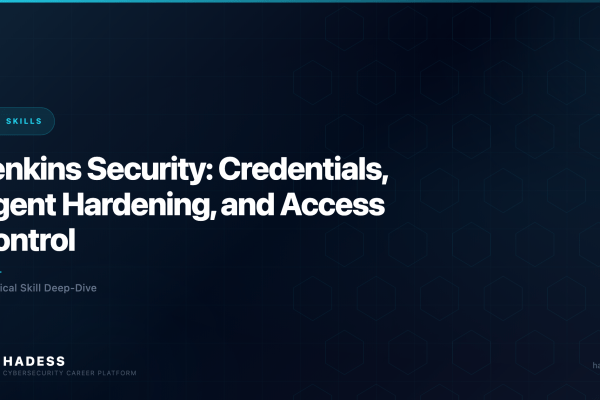
Jenkins Security: Credentials, Agent Hardening, and Access Control. Skills, career paths, and how to get started on the HADESS platform.
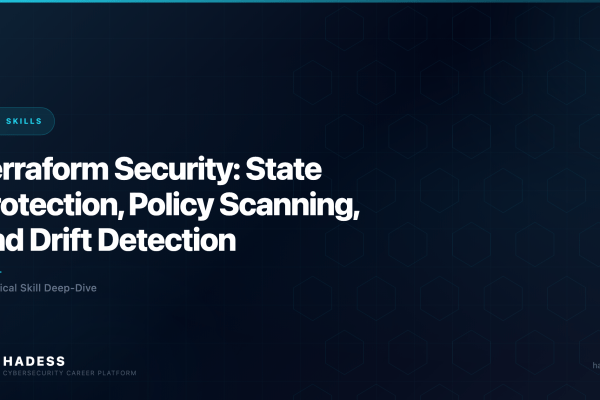
Terraform Security: State Protection, Policy Scanning, and Drift Detection. Skills, career paths, and how to get started on the HADESS platform.
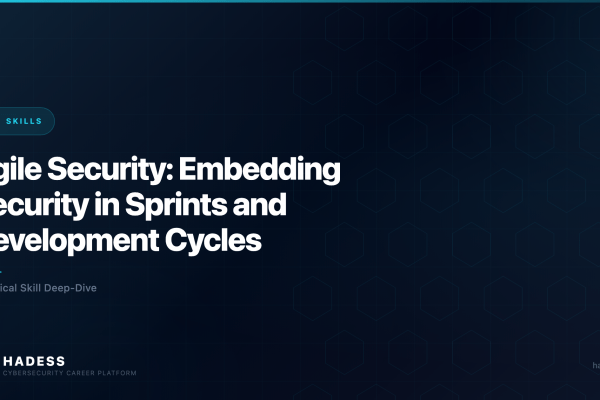
Agile Security: Embedding Security in Sprints and Development Cycles. Skills, career paths, and how to get started on the HADESS platform.